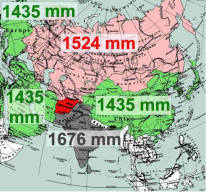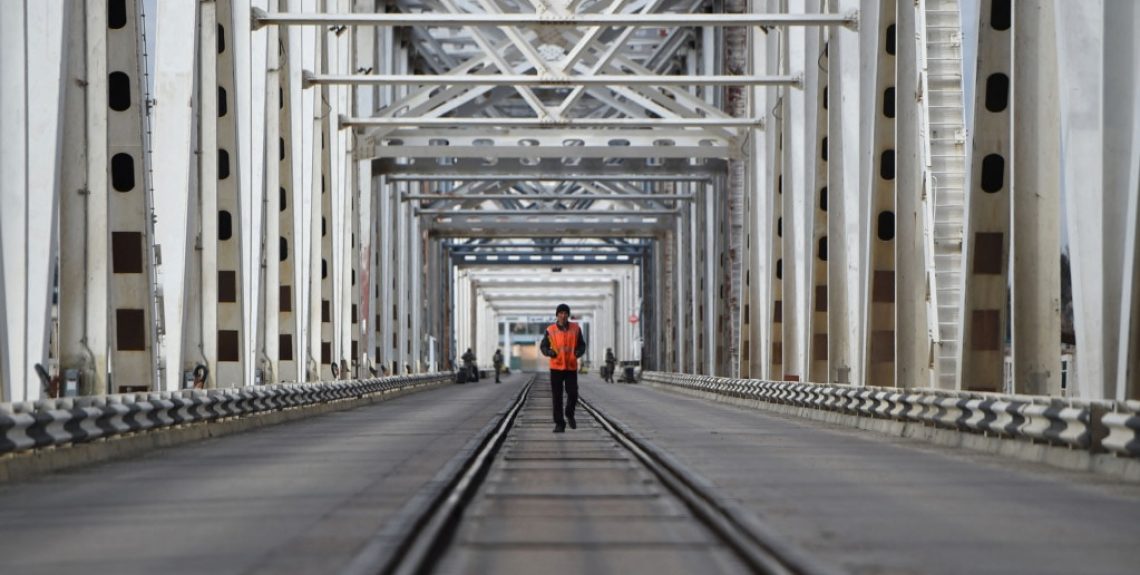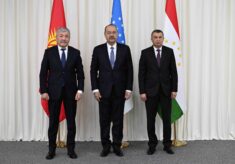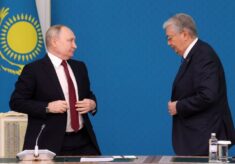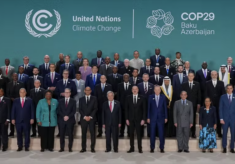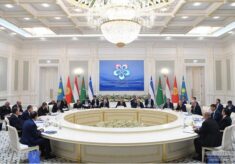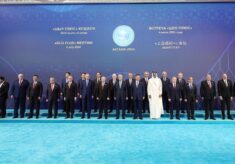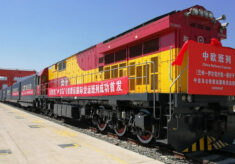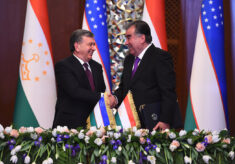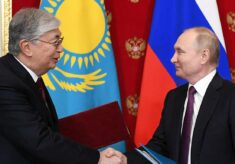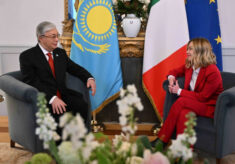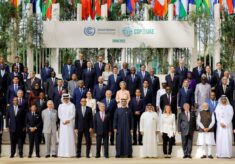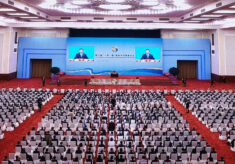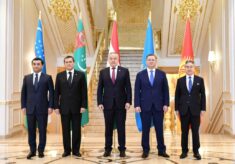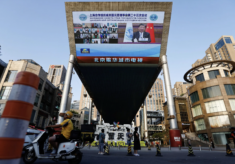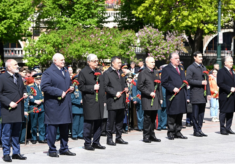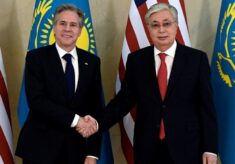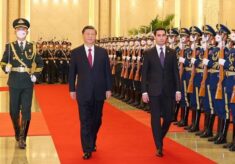After one year that Taliban have seized the power in Afghanistan, their intention to restore stability and to provide security in the country and in the region has not been carried out. As a matter of fact, between April and August 2022 several rocket attacks against Uzbekistan and Tajikistan (claimed by the Islamic States Khorasan Province, ISKP) show that Taliban are not able to keep their commitment to fight against terrorist groups operating in the country, that was one of the key points of the Doha agreement, signed between US and Taliban in 2020 (J. Daly, Rocket Attacks on Tajikistan and Uzbekistan Undermine Taliban Security Claims, Eurasia Daily Monitor Volume: 19 Issue: 116, August 1, 2022).
This threat is a sensitive issue for the regional countries like Uzbekistan, that has adopted a conciliatory approach towards Taliban, based on the improvement of a political dialogue and on an inclusive policy aimed at avoiding the international isolation of the new rulers in Kabul. Uzbek President Mirziyoyev and its former Foreign Minister Abdulaziz Khafizovich Komilov have regularly stressed the need to integrate Afghanistan in interregional economic process and the execution of infrastructural and energy projects in order to improve and increase regional connectivity. Considering its geographic position as a strategic trade hub connecting China and Central Asia with the Middle East and the Indian Ocean, the need to preserve Afghanistan’s security and stability represents the key precondition to implement these ambitious projects of regional cooperation.
